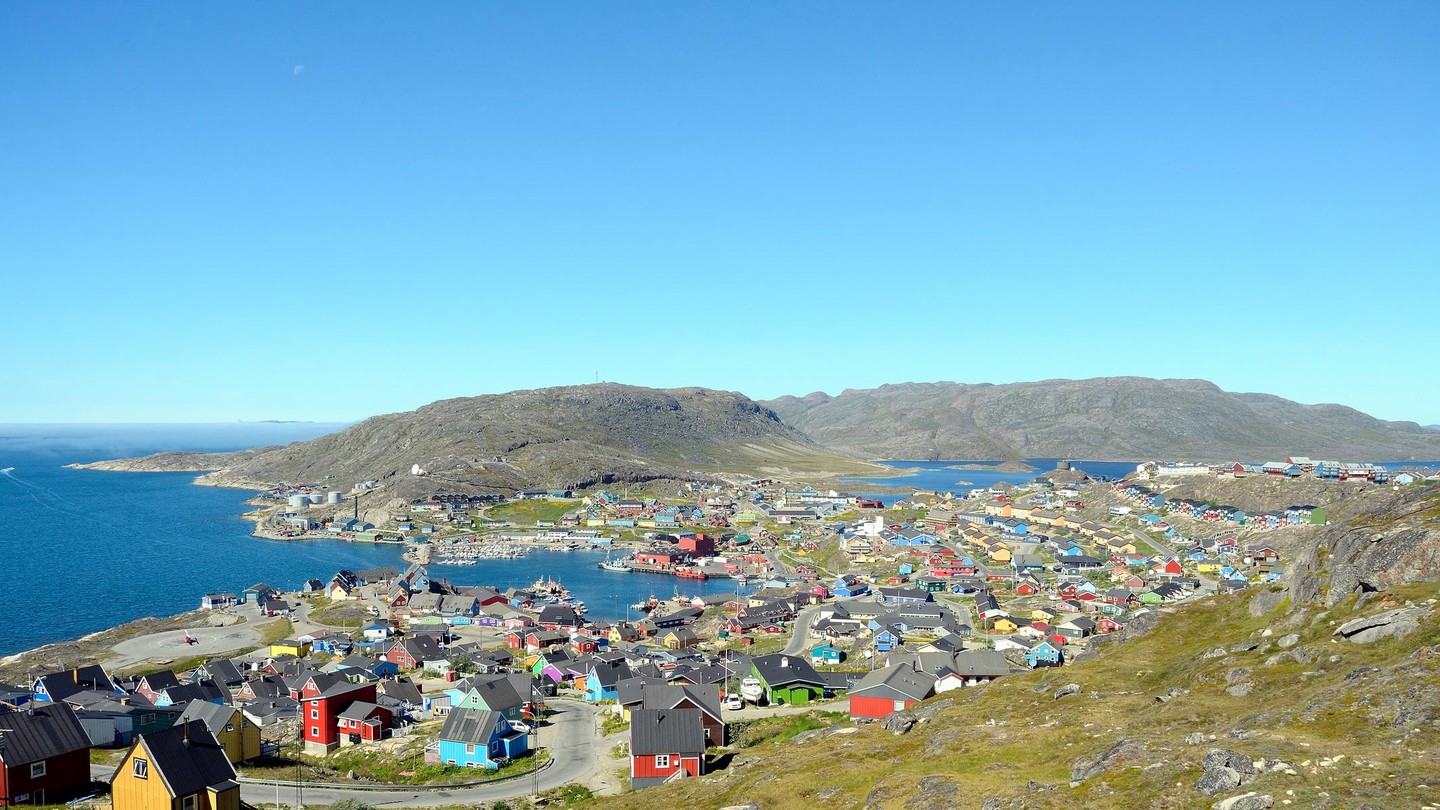2022-03-09 スイス連邦工科大学ローザンヌ校(EPFL)

Better knowledge of ecosystems should benefit local people. © iStock
In a four-year field research program led by EPFL, in association with several other Swiss institutions, scientists will aim to understand the ecosystem of Greenlandic fjords in the context of a changing climate. They plan to investigate how accelerated glacier discharge and soil erosion impact the fjords nutrient cycle, marine resources and cloud formation, and how local livelihoods are affected.
The fjord region in southwest Greenland is home to nutrient-rich waters teeming with life. Fishing is the main livelihood for people in this area and has been for thousands of years. Due to climate change, the ecosystem is transforming rapidly, and this dynamic system change poses some major challenges to the local population. Greenland’s glaciers are melting and releasing new types of nutrients into the water, which are feeding larger phytoplankton blooms and altering the marine ecosystem. This in turn is affecting the atmosphere’s chemical composition and cloud-formation mechanisms; these clouds are what determine the surface radiation budget and glacier melt. In short, the entire ecosystem is being impacted by climate change. So what should the people of Greenland expect to see in the coming years?
This is one of the many questions that the four-year interdisciplinary research program, titled GreenFjord, will attempt to answer. It will kick off on 9 March 2022. GreenFjord is one of the Swiss Polar Institute’s two Flagship Initiatives for the next four years; the other, called PAMIR, will take place in the Pamir mountain range of Central Asia. EPFL’s efforts on the Greenland field work will be headed by Julia Schmale, a tenure-track assistant professor at EPFL’s School of Architecture, Civil and Environmental Engineering (ENAC) and based at the EPFL Valais Wallis campus. The research team will also include scientists from the University of Lausanne, ETH Zurich, the Swiss Federal Institute for Forest, Snow and Landscape Research (WSL), and the University of Zurich, with further support by the Swiss Data Science Center.
Predicting shifts in the ecosystem
The ultimate goal will be to better understand the fjord ecosystem in the context of climate change and thereby help improve the computer models scientists can use to predict future shifts in the region’s ecosystem and climate, incorporating factors such as glacier loss and changes in the food chain and carbon cycle. “We’ll also collaborate with the local communities to understand the impact of climate change on them, which for us is a very important aspect of our project,” says Schmale. “We are striving for a better understanding of how the carbon and nutrient cycles are changing and what consequences this has for biodiversity in the atmosphere, on land and in the ocean. Ultimately, we aspire to learn more about the biodiversity of micro and macrofauna; i.e., understanding how the food web and potentially fish stocks might change in the future.”
Six research clusters
In addition to conducting field measurements, the scientists will also carry out in-depth interviews with local residents in order to determine their current and future needs and how dependent villages are on the fjord ecosystem. This human aspect is one of six research clusters; the other five are cryosphere, ocean, atmosphere, land and biosphere. The cryosphere cluster will investigate the process of glacier calving and its effect on the fjord marine dynamics and on nutrient circulation. The ocean cluster will study the physical, biogeochemical and microbiological characteristics of fjord systems with marine- and land-terminating glaciers in order to predict future changes in the ocean. This study will be conducted using a research vessel with state-of-the-art equipment.
This will be the first time that the region’s entire ecosystem will be studied taking into account the human aspect.
Julia Schmale, tenure-track assistant professor at EPFL’s School of Architecture, Civil and Environmental Engineering (ENAC)
In the atmosphere research cluster, scientists will use a tethered balloon – Schmale’s main measurement instrument – to analyze cloud-seeding particles from marine and terrestrial sources. ENAC’s Laboratory of Atmospheric Processes and their Impacts (LAPI), headed by Prof. Athanasios Nenes, will take part in this cluster. In the land cluster, the research team will evaluate the release of sediment, nutrients and carbon into the ocean from soil erosion, as well as the potential role of soil erosion as an aerosol source. And finally, in the biosphere cluster, scientists will analyze environmental DNA from samples collected in the cryosphere, ocean, land and atmosphere clusters to assess the current state of biodiversity and its change resulting from transforming fjord systems, and how it might respond in the future.
A focus on the human consequences
“This will be the first time that the region’s entire ecosystem will be studied taking into account the human aspect,” says Schmale. “That’s what makes our project unique, and it’s part of our approach to be comprehensive in terms of scientific disciplines.”
Source: EPFL
<関連情報>




